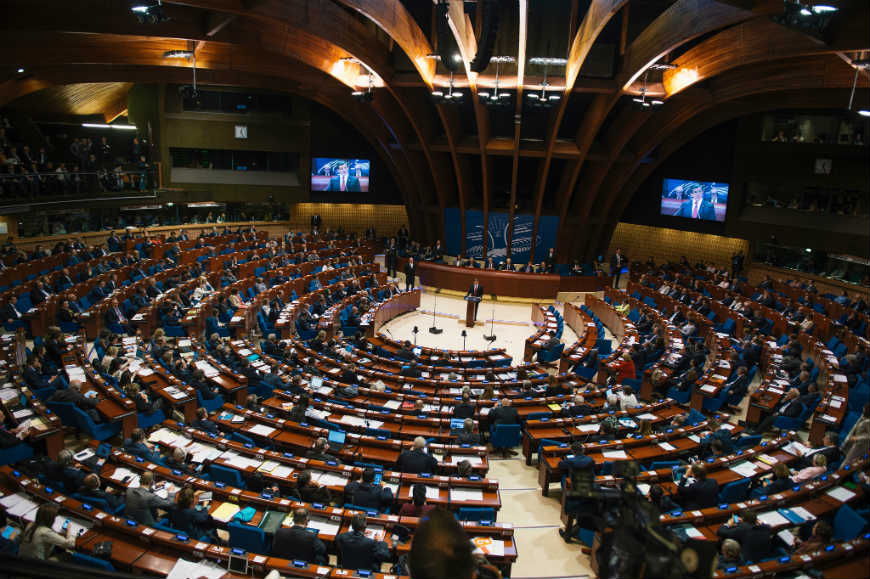The Council of Europe has urged European governments to be more transparent and responsible when it comes to lobbying by outside forces, such as corporations and interest groups, according to a Council report published 2 July.
The Council’s anti-corruption body, the Group of States against Corruption (GRECO), notes that nations must fully respect anti-corruption standards as laid out by Council of Europe rules.
Nevertheless, GRECO highlights that “lobbying is a legitimate activity that can contribute to the democratic process and well-informed decision-making.” It calls on nations to increase their transparency and accountability in this process.
Citizens, GRECO states, must be able to know which actors are seeking to influence political decisions.
Related News
- Belgium makes steady progress towards Sustainable Development Goals
- EU auditors: 'Blacklisting is underused in protecting EU funds against fraud'
According to the annual report, this would reduce “the risk of corrupt practices.” The anti-corruption body suggests the creation of a register of both formal and informal lobbyists, which will reveal the identity of people in closed meetings and the subjects discussed.
“The public has the right to know who is influencing political decisions. Governments should adopt detailed rules to prevent corruption risks,” GRECO president Marin Marcela said in a statement.
Undermining public confidence in government
GRECO recognised the process made by European nations in this area but expressed a desire to see these improvements “accelerated.” Member States must work to fight against “corruption targeting parliamentarians and senior executive positions.”
Only 36% GRECO recommendations have thus far been implemented by European countries in relation to corruption in this field. Some remain resilient to accepted reforms in anti-corruption infrastructure.
In Belgium, 68.5% of recommendations were partially-adopted and 31.6% were fully implemented.
“Public confidence has been tested to the limit in recent times as corruption scandals regularly emerge in the media,” Marcela noted.
Nations singled out by the report for non-compliance with some anti-corruption measures included Armenia, Belgium, Bosnia and Herzegovina, Denmark, Germany, Hungary, Moldova, Poland, Romania, Turkey, and Ukraine.

